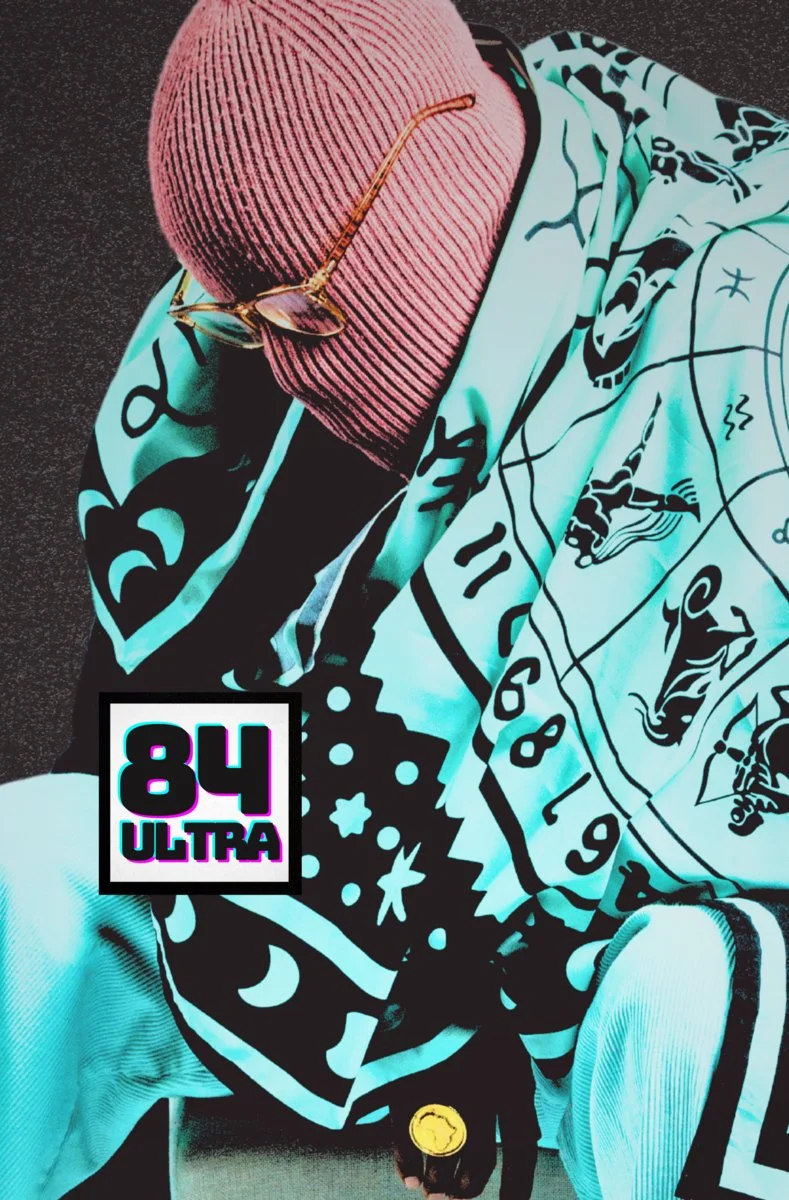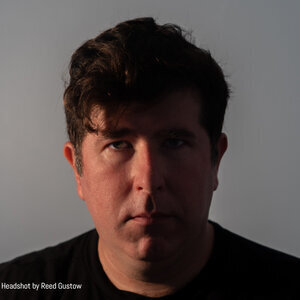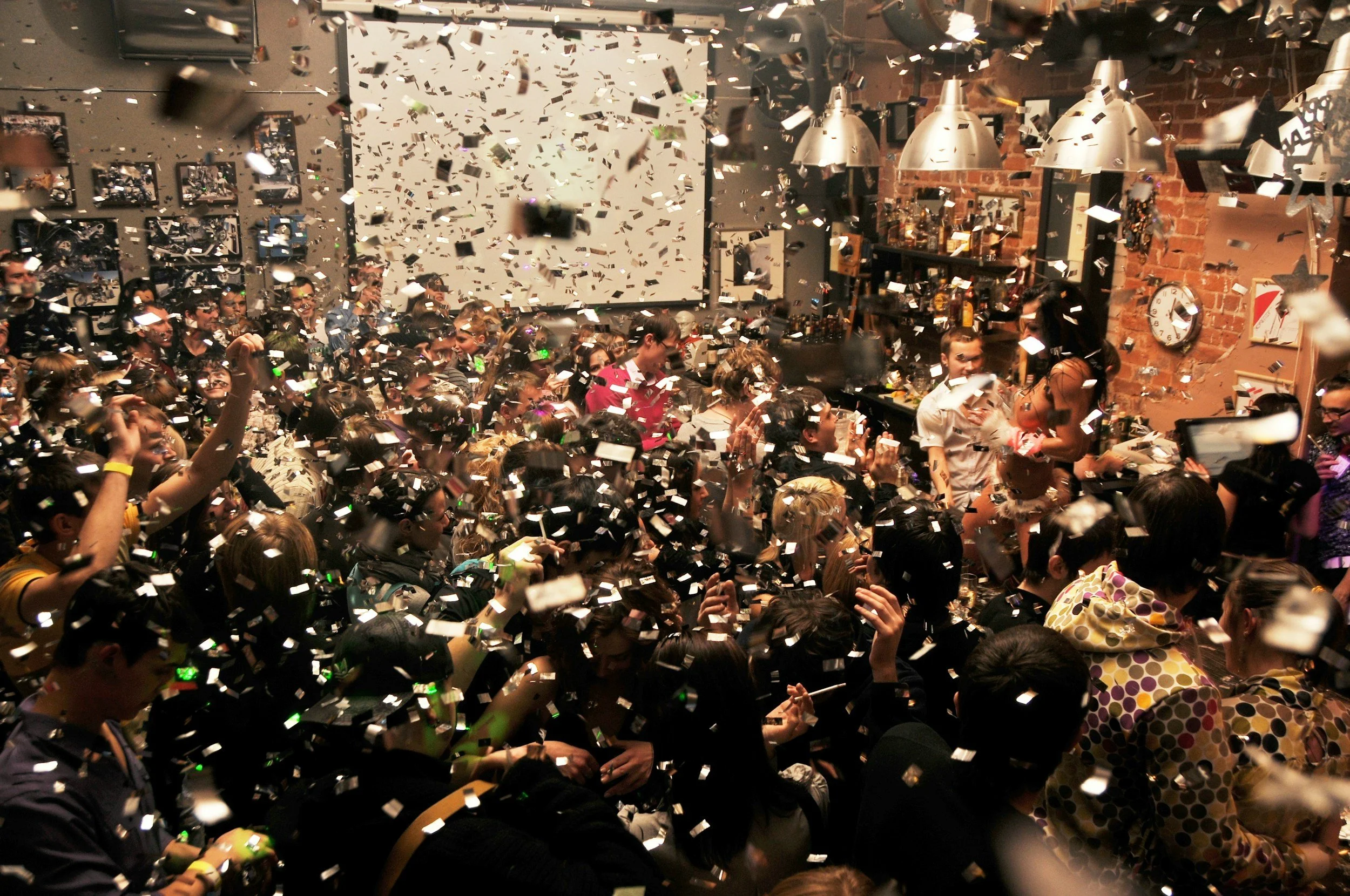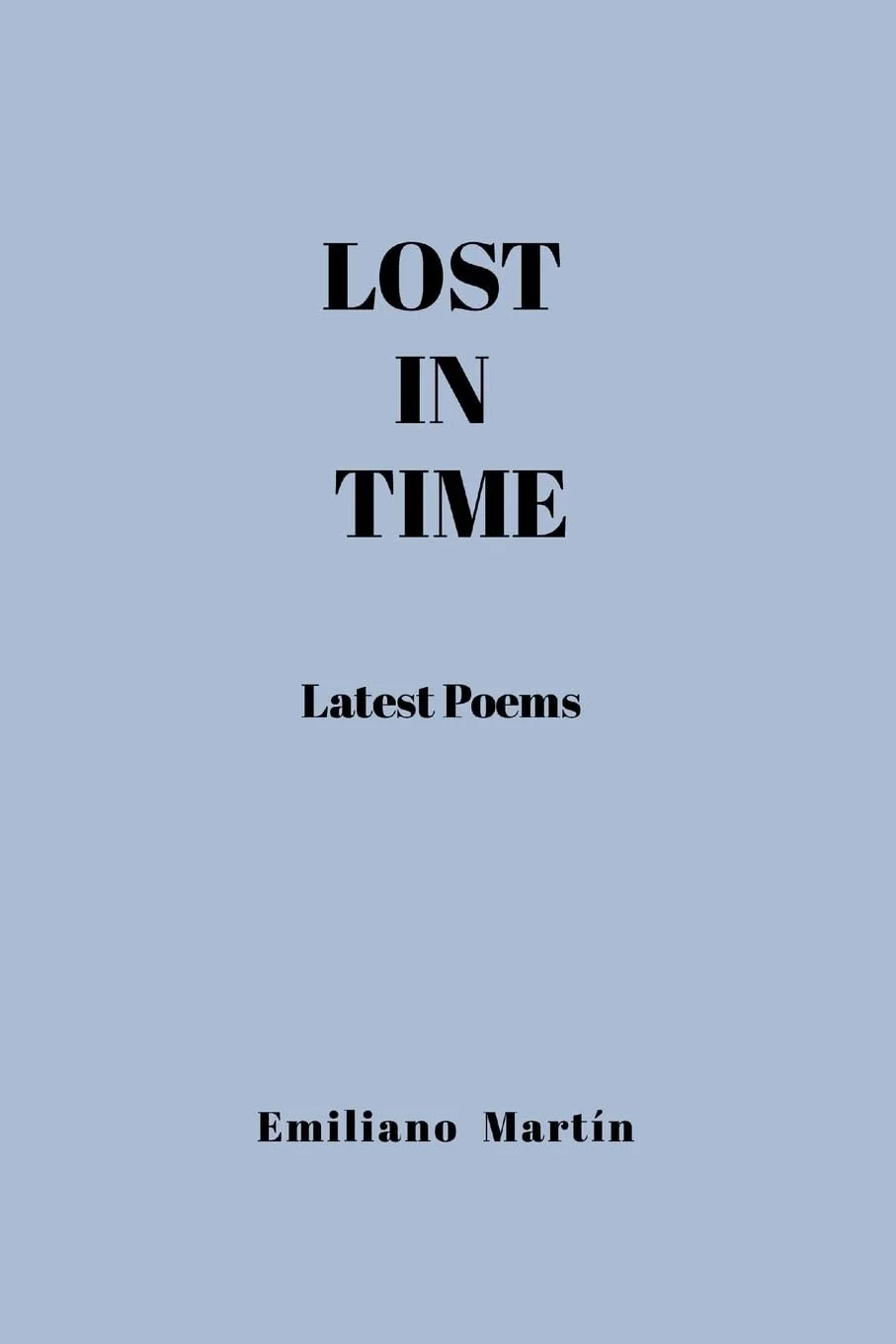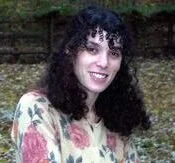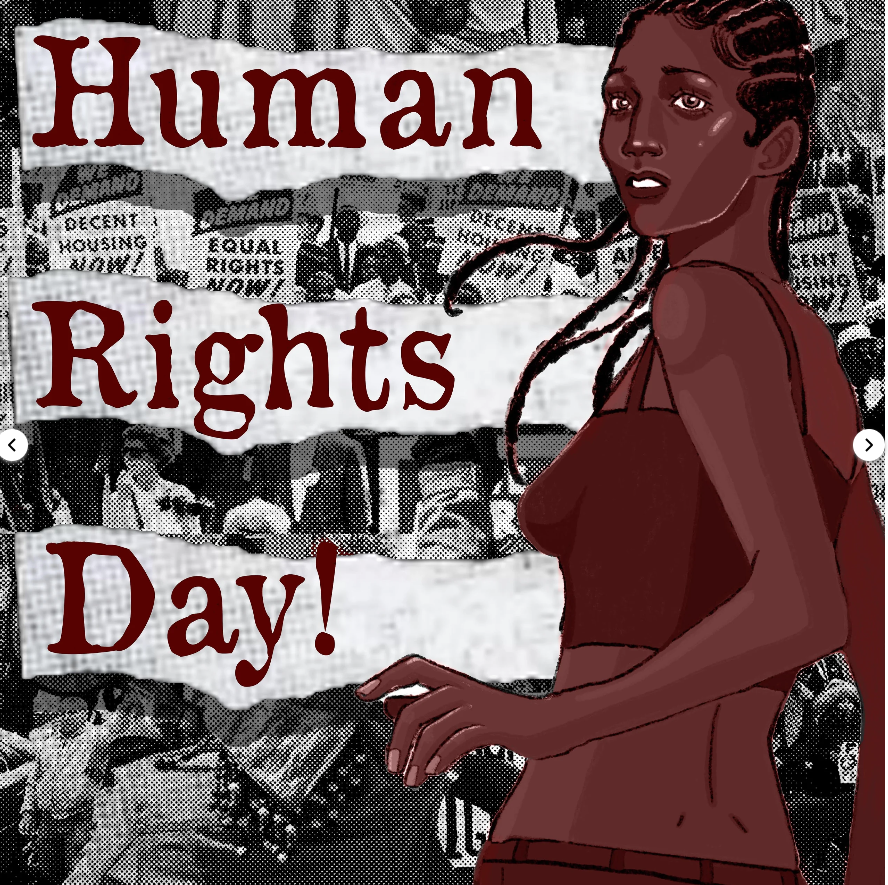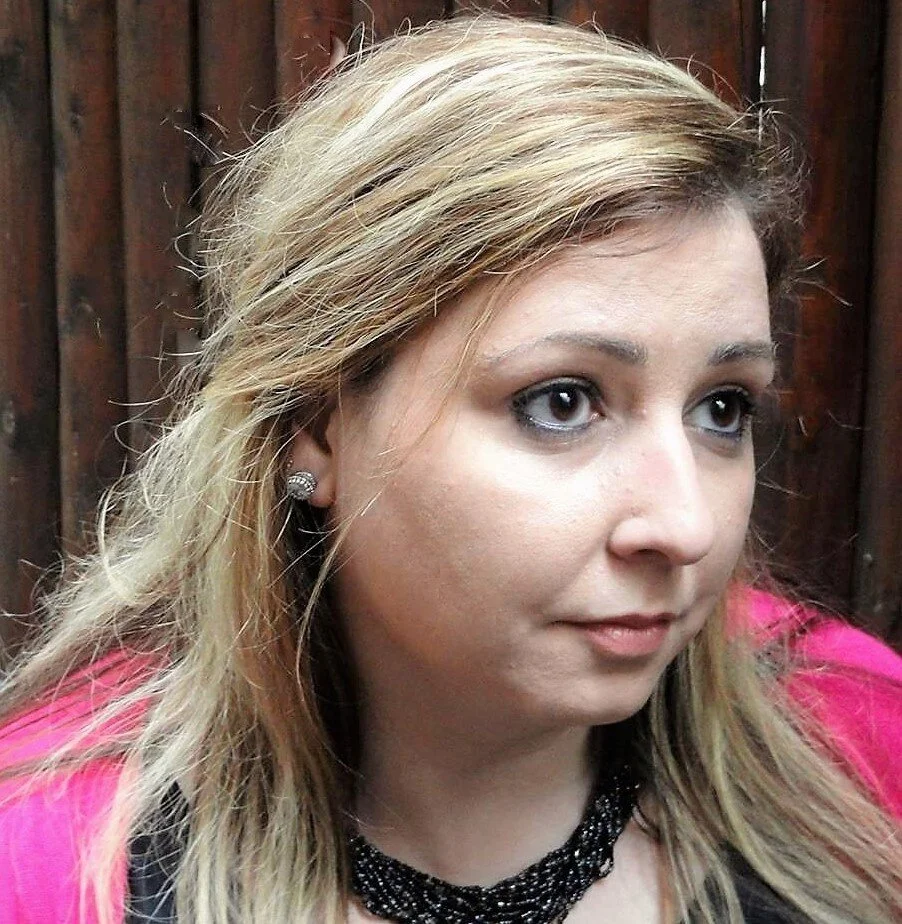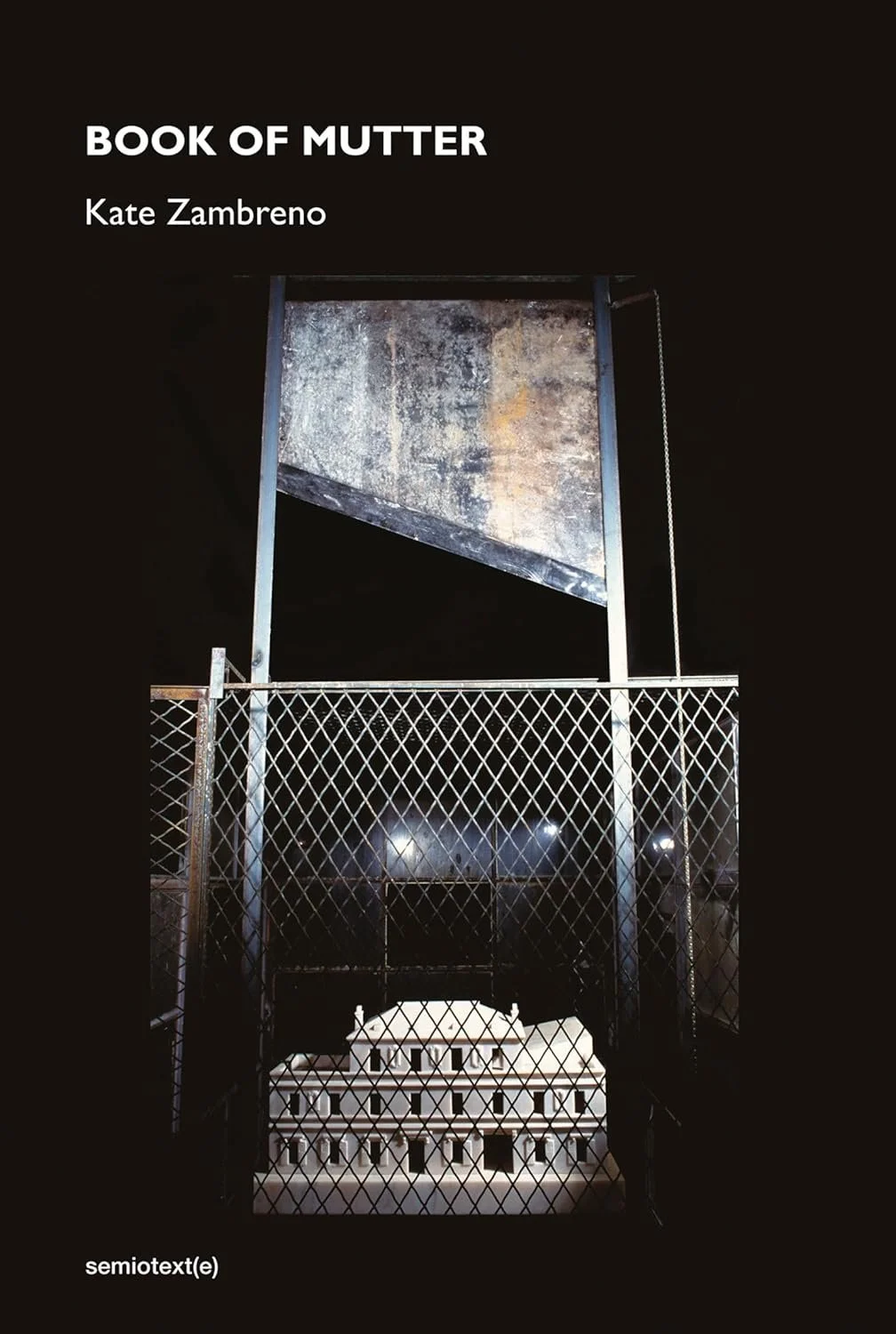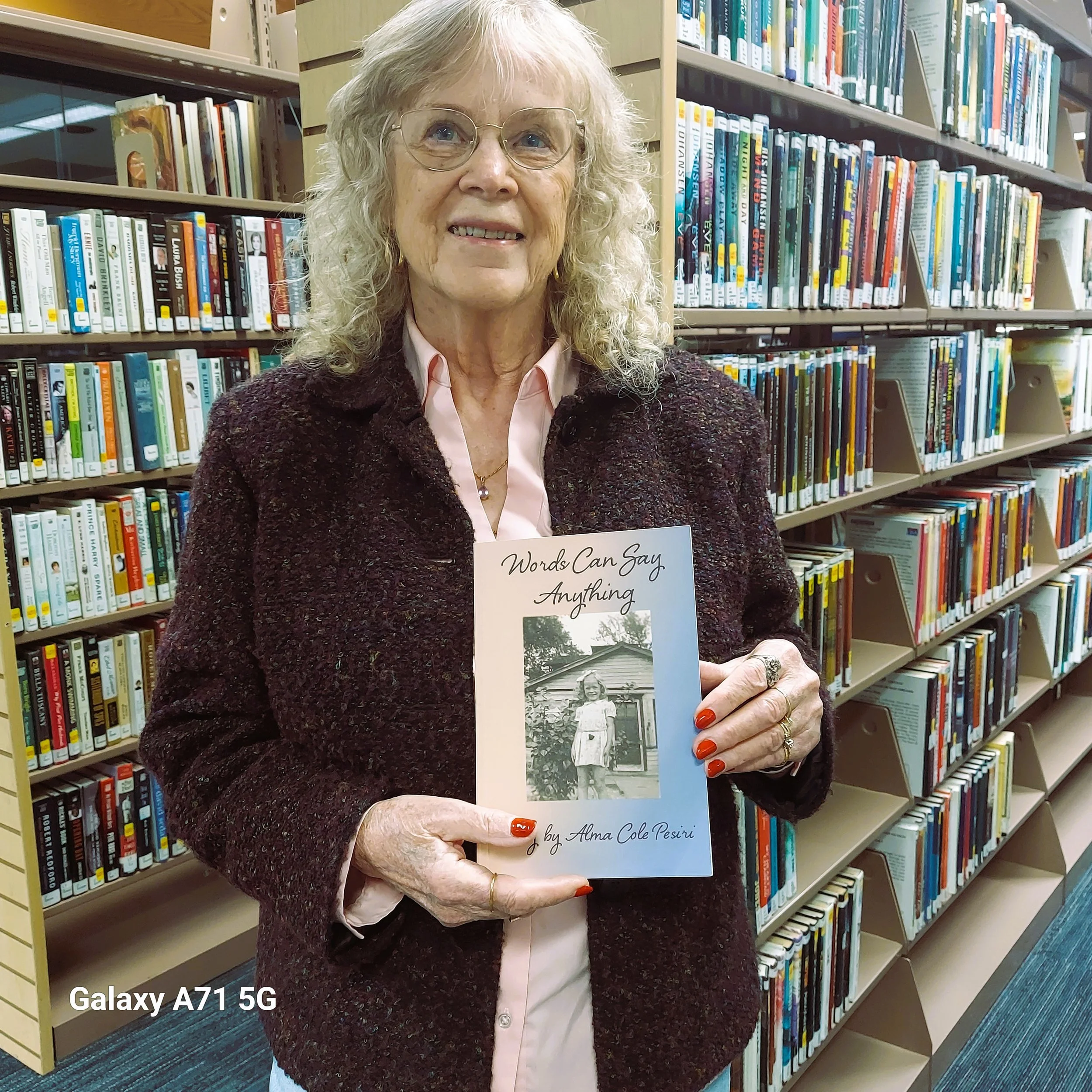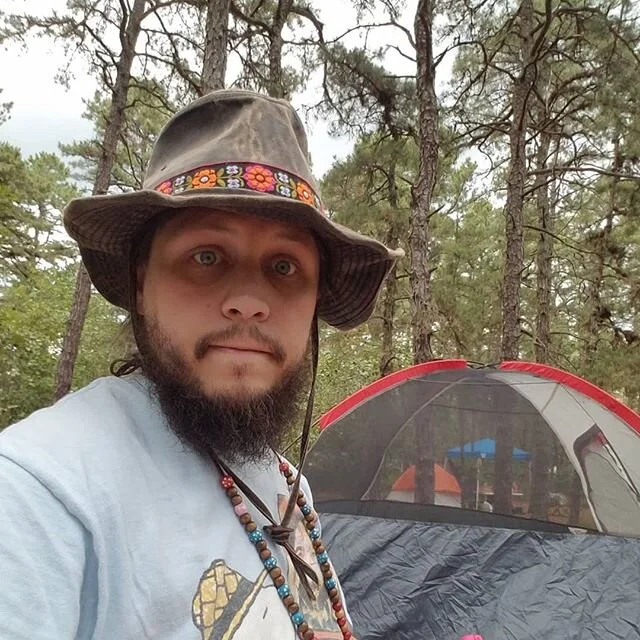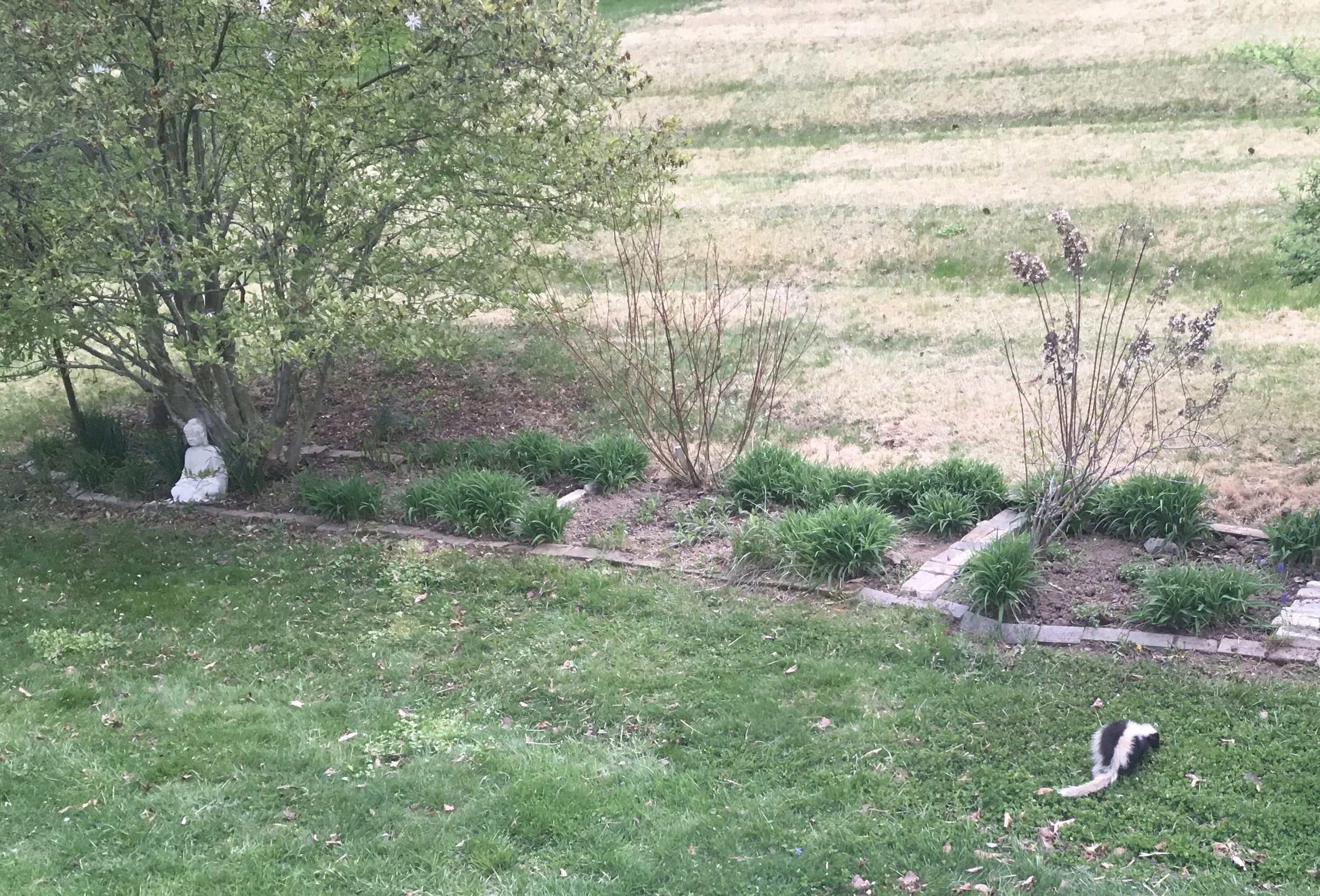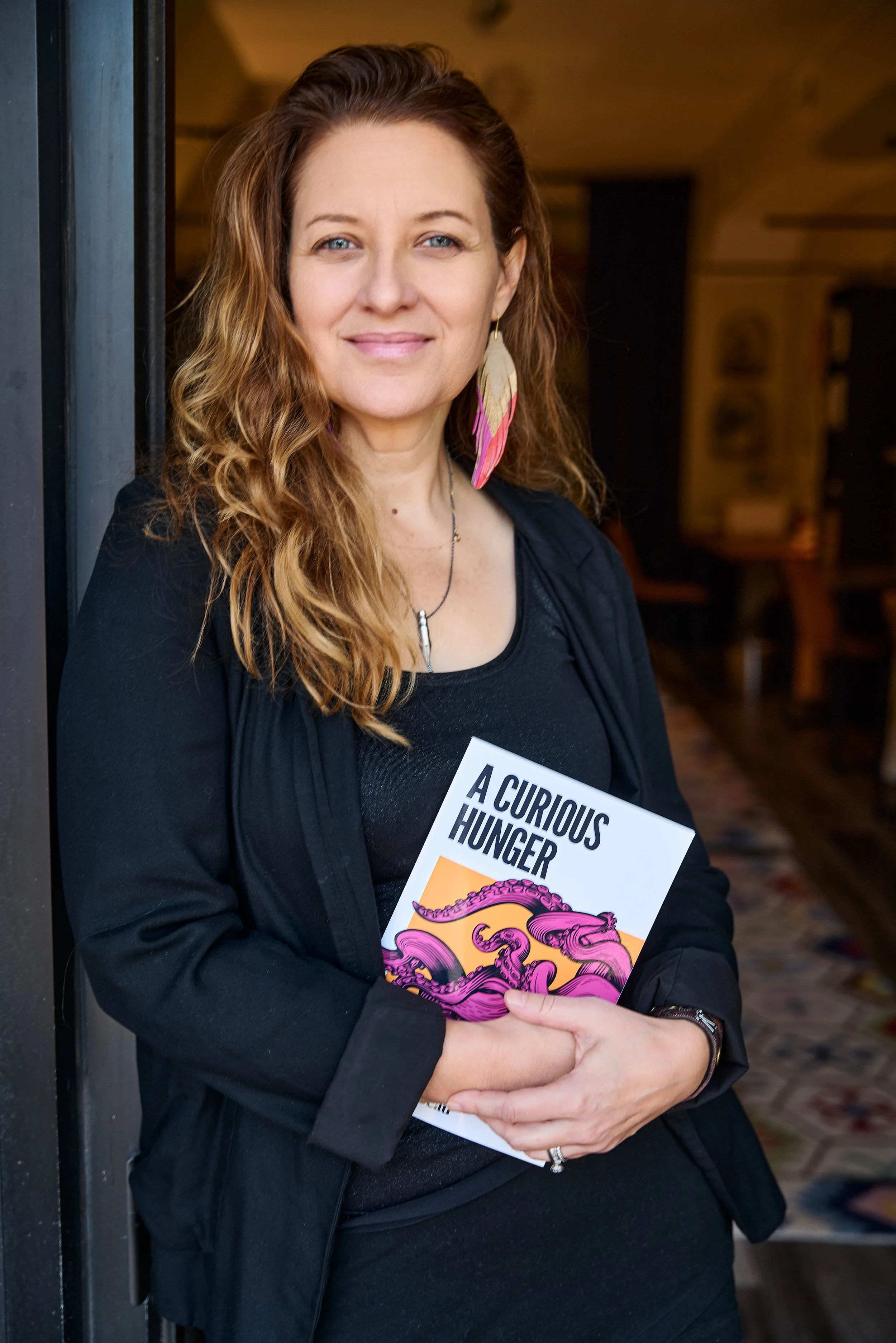84 Ultra
Christopher K.P. Brown is KP Ultra
2 Pens & Lint
$20.00
You can purchase your copy here.
Reviewed by Sean Hanrahan
One of the most exciting poetry events I have ever attended in Philadelphia was the Pecola Breedlove and the Freedom Party. Sadly, this series is now RIP, but what a cultural event it was! I have rarely seen such enthusiasm for poets and poetry as I had seen there. It was founded by the amazing local performance poet (and impresario) Christopher K.P. Brown.
In the beautiful self-published chapbook, Brown celebrates and confronts the nature of American poetry itself. The opening poem, “The Process” begins, “A person stumbles into an open mic/With a new poem they want to share.” The person discovers that due to the “good feedback from the crowd” that they are indeed a poet:
Host of struggling event sees this person
Asks them to do a feature set
Person is shocked
Person has never been paid to perform before
Person doesn’t even consider themselves to be a poet yet
The featured performance draws acclaim and “The ego slides into the room, eases into the room/The ego tells the person you done made it now.” This one performance stokes the ego and begins a poetry career. One that is so successful that the narrator forgets what made them a poet in the first place: “Featured poet can’t seem to hit that high the way they used to/Featured poet enjoys poetry, but ain’t in love with it no more.” The poet eventually slinks out of the scene only to be replaced with the opening lines repeated. This poem resonates in many ways but especially in the way Brown details the poet as chasing a high that manages to eclipse the art form. How do you balance the euphoria of performance with the craft or finding something to say? Everyone in the poetry community has met, been, befriended, or dated this person. The intersection between poetry and fame is carefully seesawed to great effect here.
In “Love with No Textbook,” Brown pens a lyrical ode to Black love “We met six years ago in an art gallery/But we never speak in cliches like soulmates or forever” despite the lack of a textbook or living role models “But look at the communication that was lacking/Look at the love that was lacking/Look at the wounds of the people who raised us.” He mentions the dissolution of religious ties supplanted by capitalism as a possible cause:
Our elders depended on a Jesus we no longer pray to
Our community left religion behind
And gave us podcasts and reality shows
That monetize Black love
And fill us with more fantasy than instruction.
The lovers did not find the path to true love in education either: “As children we studied language, science, and math/While society sold us monogamous love with no textbooks/Never offered classes on how to do this right.” Still they find their way “and take pictures and never post them for the world to see.” He ends the poem with determination: “Secure love is something we both deserve…/We will either receive it/or die trying.”
I recently had the honor of hosting Brown at a Moonstone poetry series, and one poem that especially engaged the crowd was “Sugar Free [For Life] (Whole Foods Revised.) He opens up with the dynamic first stanza “Praying for tobacco free lungs/Praying for Sugar Free daughters/And Sugar Free sons.” He brings up the fact that “Doctor says I’m prediabetic/Because of blood inherited from my grands.” In order to preserve his health, the narrator has to avoid the food prevalent on his Southern (Arkansas) family’s menu. He expresses this powerfully in the lines:
I ain’t running from culture
I’m running from heart disease
Daddy died from diabetes
Complications of Type 2
Giving myself insulin shot
Ain’t what I’m tryna do
The use of rhyme and rhythm here really reflect the craft and heart Brown brings to all of his poems. A great way to witness that is to see him perform live or at the link you can purchase a CD of the poems of this book. Brown has so many pearls of wisdom enhancing his poems; I just opened up one or two arts in this review. If you care about poetry as art and poetry as performance, you should definitely check out 84 Ultra in either print or recorded media.
Sean Hanrahan is a Philadelphian poet originally hailing from Dale City, Virginia. He is the author of the full-length collection Safer Behind Popcorn (2019 Cajun Mutt Press) and the chapbooks Hardened Eyes on the Scan (2018 Moonstone Press), Gay Cake (2020 Toho), Headless (2025, Collapse Press). His work has also been included in several anthologies, including Moonstone Featured Poets, Queer Around the World, and Stonewall’s Legacy, and several journals, including Impossible Archetype, Mobius, Peculiar, Poetica Review, and Voicemail Poems. He has taught classes titled A Chapbook in 49 Days and Ekphrastic Poetry and hosted poetry events throughout Philadelphia.

